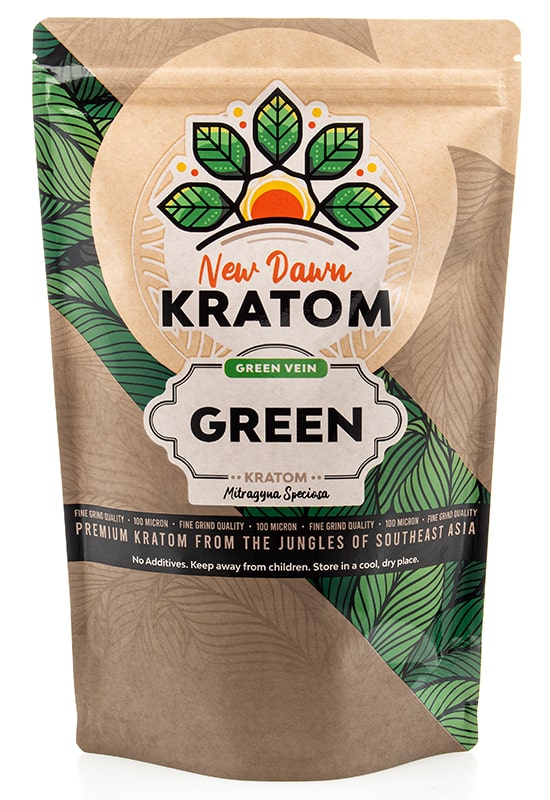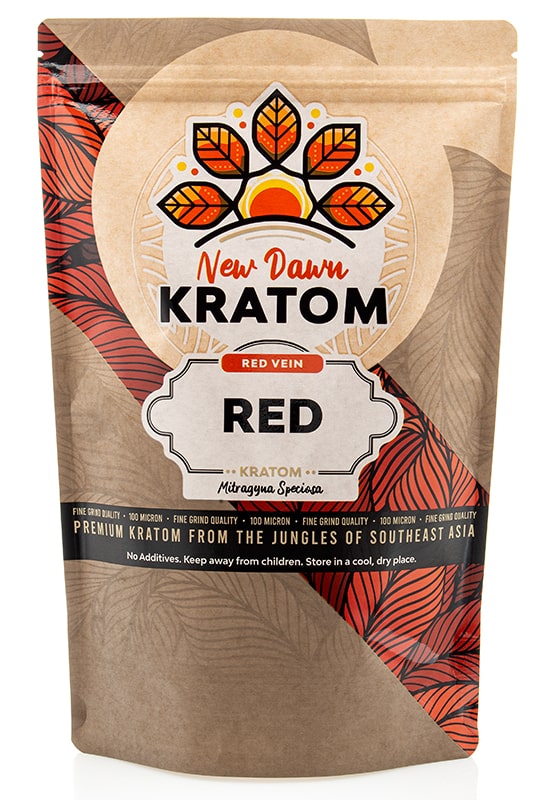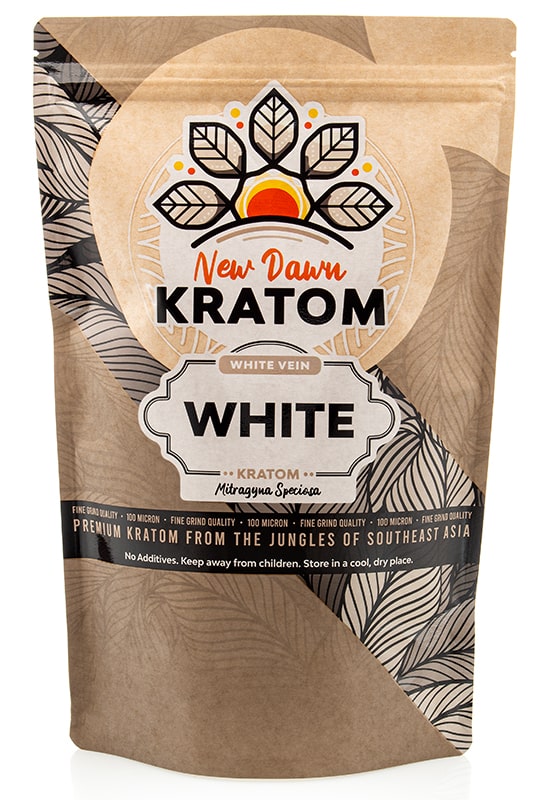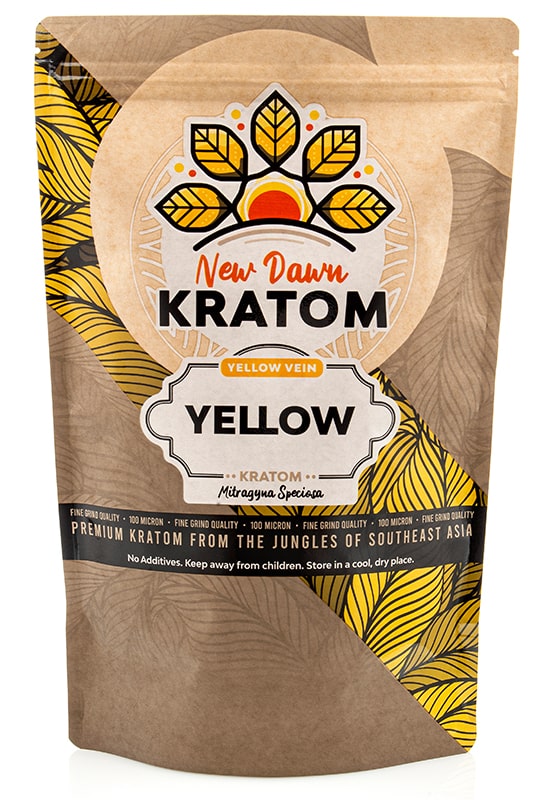If you want to know if kratom while breastfeeding is safe, keep reading as this guide has the answer. We’ve all heard it said before — breast is best. As the ideal nutritional source for babies up to two years of age, breastfeeding offers unrivaled benefits for a growing infant’s health. The only problem? Mothers trade off sleep, comfort, and physical and mental well-being to be able to provide their babies with this vital nutrition.
So it comes as no surprise that many mothers consider taking kratom while breastfeeding in order to combat the challenging demands on their bodies. But the question stands — is it safe to use kratom while breastfeeding?
More About Kratom

Much of the apprehension that people have when approaching kratom stems from a lack of understanding as to what it really is. Mitragyna speciosa, or simply kratom, is a tropical evergreen plant that mainly grows throughout Southeast Asia.
Long used in folk medicine, the herb finds its purpose as a suitable remedy against physical discomfort. In areas where the plant grows endemic, people pluck and chew fresh leaves to soothe tired, aching bodies after long days at work.
The first record of kratom being brought to the United States for commercial sale dates back to 2010. Today, the billion-dollar industry is one of the biggest built around an agricultural commodity, second only to hemp.
What are the Effects of Kratom?
Just for the record, not everyone gets the same experience out of a kratom dose. People have different tolerances and thresholds. So it’s possible for users to develop a unique permutation of effects even if they take the exact same kratom product.
Nevertheless, it seems kratom users often experience the same range of effects after a dose, just that the combinations vary. So some of the effects you can expect from kratom include:
- Discomfort relief
- Stress relief
- Mood enhancement
- Cognitive clarity
- Improved attention span
- Motivation and productivity boost
- Sociable disposition
- Elevated energy levels
- General sense of well-being
- Improved sleep quality and duration

Does Kratom Have Side Effects?
Although numerous enthusiasts will peddle kratom as a miracle herb, the stuff isn’t without side effects. Most often, these negative reactions come as the result of dose miscalculations or poor product quality.
However, there are some people who are simply uniquely sensitive to the alkaloids in kratom, making their bodies particularly reactive to the substance. Because of this, some users may develop uncomfortable side effects that take away from the benefits of the herb.
Some side effects of kratom include:
- Loss of consciousness
- Nausea and vomiting
- Headaches
- Dizziness
- Drowsiness
- Loss of appetite
- Abdominal discomfort
- Diarrhea
- Paranoia
- Dry mouth
- Profuse sweating
- Increased urination
- Constipation
- Blurry vision
- Loss of balance
- Involuntary eye movements
- Difficulty focusing vision
- Sensitivity to light

Keep in mind that this list doesn’t include all of the possible side effects you could develop. It’s also important to remember that people can develop any combination of these side effects, depending on their body’s unique response to kratom and its chemistry.
How Can Kratom Help Breastfeeding Mothers?
The breastfeeding season can feel particularly challenging and demanding for new mothers. Physically, mentally, and emotionally strenuous, the act of providing a child its primary source of nutrition for the foreseeable future can weigh heavily on the mother. This explains why many of them feel the need for external support.
As a natural remedy, kratom has often found itself in the crosshairs of mothers in need of comfort and relief. And while the studies supporting kratom’s benefits for breastfeeding mothers remain insufficient, anecdotal evidence bolsters the idea that kratom while breastfeeding can be advantageous.
1. Discomfort Relief
Statistics reveal that over 75% of breastfeeding mothers report feeling significant discomfort as a result of breastfeeding. Sore teats,, engorged breasts, and tired, hurting backs and necks can seriously weigh down on a mother’s sense of well-being.
Plus, because these discomforts persist for months or years (depending on how long the mother decides to breastfeed), it’s possible for the discomfort to have serious effects on her mental and emotional health as well.
Kratom potentially offers near-instant relief against physical discomfort, working powerfully to soothe tiredness, soreness, and aches that often plague the breastfeeding mother’s body.
2. Sleep Support
We’ve all heard breastfeeding mothers explain their struggles with sleep. After birth, babies need to feed at least once every 2-3 hours, and the tight and often unforgiving breastfeeding schedules can be majorly demanding on mothers.
According to studies, these strange, unhealthy sleeping patterns may contribute to post-partum blues and depression. By supporting a mother’s sleep with kratom, she may improve the quality of the rest she has when presented with an opportunity to sleep.
Kratom may work as strong sleep support. At higher doses, the herb allows users to enter REM sleep more rapidly, and may even improve the quality of sleep so that users feel more refreshed and rested even after short bouts of sleep.
3. Mood Improvement of Kratom While Breastfeeding
Hormonal changes that happen after giving birth can change a mother’s psyche. According to statistics, 70% of new mothers can develop post-partum blues, and of that number, 20% progress into post-partum depression.
These serious mood disorders can challenge a mother’s resolve, and may negatively impact both her health and her baby’s. Resolving mood issues before they complicate can help mitigate the risks associated with these conditions.
As a mood enhancer, kratom may relieve stress and clear the mind of apprehension, worry, and negative, unpleasant thoughts. This in turn helps users feel lighter, happier, and carefree, allowing an uplifted mood to prevail for the duration of the herb’s effects.

Is It Safe to Use Kratom While Breastfeeding?
There aren’t enough studies in circulation to say whether using kratom while breastfeeding is 100% safe. When it comes right down to it, mothers need to weigh the possible dangers against the benefits and assess whether kratom use is right for them or not.
- Milk quality – No studies explore whether kratom passes into breast milk. But because we know certain substances definitely can, mothers are warned to use kratom with caution. As of writing, there’s no proof that kratom infuses into milk, and if it does, whether it’s safe for babies.
- Side effects – Some breastfeeding mothers can be particularly sensitive to kratom’s chemistry. In some cases, mothers can develop severe side effects that outweigh the possible benefits of kratom. For this reason, mothers should always start off with a trial dose before taking the full amount.
- Dependence – If a mother takes too much kratom too often, it’s possible to develop a dependence. This becomes even more of a risk when you consider how long a mother might breastfeed. If dependence develops, a mother may feel unable to perform her daily tasks without first taking a kratom dose.
What Does the American Kratom Association Have to Say?
The American Kratom Association — or simply the AKA — hopes to regulate the kratom industry to make lawmakers feel safer in extending the freedoms that kratom users and vendors are allowed. The consumer-led initiative has been around for years, recognized as the kratom market’s regulatory body.
Presently, the AKA uses its Good Manufacturing Practices program to ensure that vendors abide by strict manufacturing protocol that guarantees a safe product. Unfortunately, not all kratom businesses see the importance of AKA-GMP compliance.
What’s even more problematic is that AKA-GMP compliance isn’t necessarily a requirement for businesses intending to operate as kratom vendors. That means breastfeeding mothers may end up buying products that don’t pass through quality assurance standards that eliminate the risk of contamination.
For that reason, breastfeeding mothers are strongly advised to practice particular caution when choosing a kratom product to use for their breastfeeding-associated discomforts. Selecting AKA-GMP-certified products can help reduce the possible risks of unregulated kratom.
Tips When Using Kratom While Breastfeeding
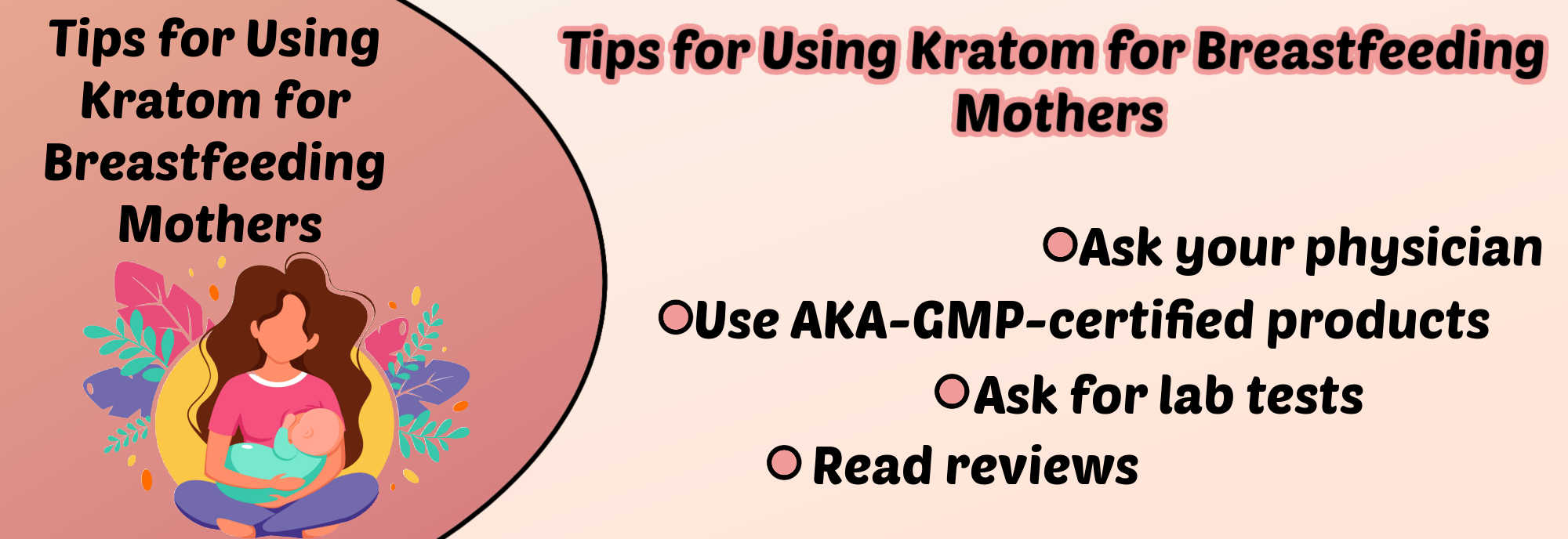
Just to be on the safe side, experts do not recommend the use of kratom for breastfeeding mothers simply because there isn’t sufficient research to back up its safety and benefits. Plus, there are many other remedies and alternatives available that can help breastfeeding mothers achieve relief minus the possible risks.
But if you feel that you can benefit from the use of kratom during your breastfeeding journey, make sure to follow these tips:
- Ask your physician – Whenever starting a new supplement or herbal product, always consult with your doctor. Explain to them why you want to use kratom and provide scientific research to back up your ideas. If your doctor advises against the use of kratom for your breastfeeding use, do not proceed with kratom intake.
- Use AKA-GMP-certified products – If your doctor gives you the go signal, see to it that you only use AKA-GMP-certified products. Be wary of vendors that use the AKA-GMP seal even if their products never went through assessment. Check the AKA database for GMP-certified vendors that you can trust.
- Ask for lab tests – Most vendors provide lab tests that showcase what a specific kratom product contains. These reports can detail potency as well as purity, showing whether a specific kratom product has contaminants like heavy metals, e. coli, and salmonella.
- Read reviews – You can usually tell how trustworthy a vendor is by reading reviews left behind by past customers. Make sure to check between different resources (like their website, socials, and their Google page) to see whether they’re faking five-star feedback.
Mother Knows Best
Just to be clear — we don’t know for sure just how safe kratom can be for breastfeeding mothers and their babies. But when it comes down to it, you probably know what’s best for you and your little breast-latching infant.
If you decide to use kratom with the affirmation of your physician, make sure to buy quality products, measure out proper doses, and take weekly breaks from your intake schedule to mitigate the risks while reaping the benefits of the powerful herb.

